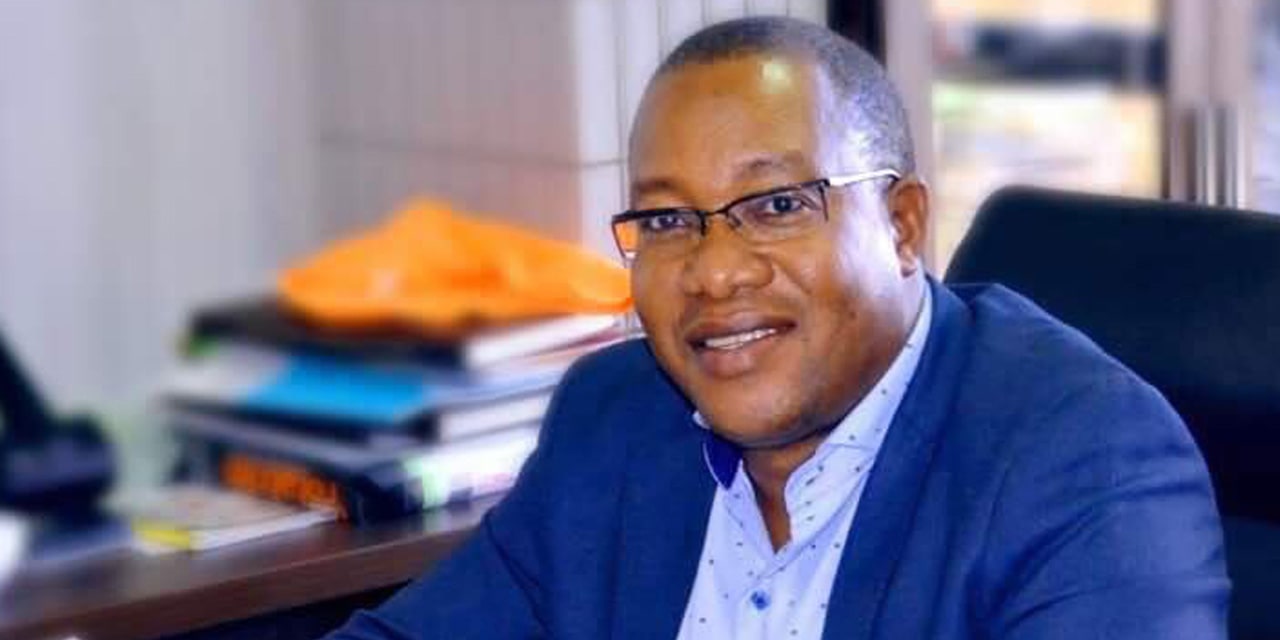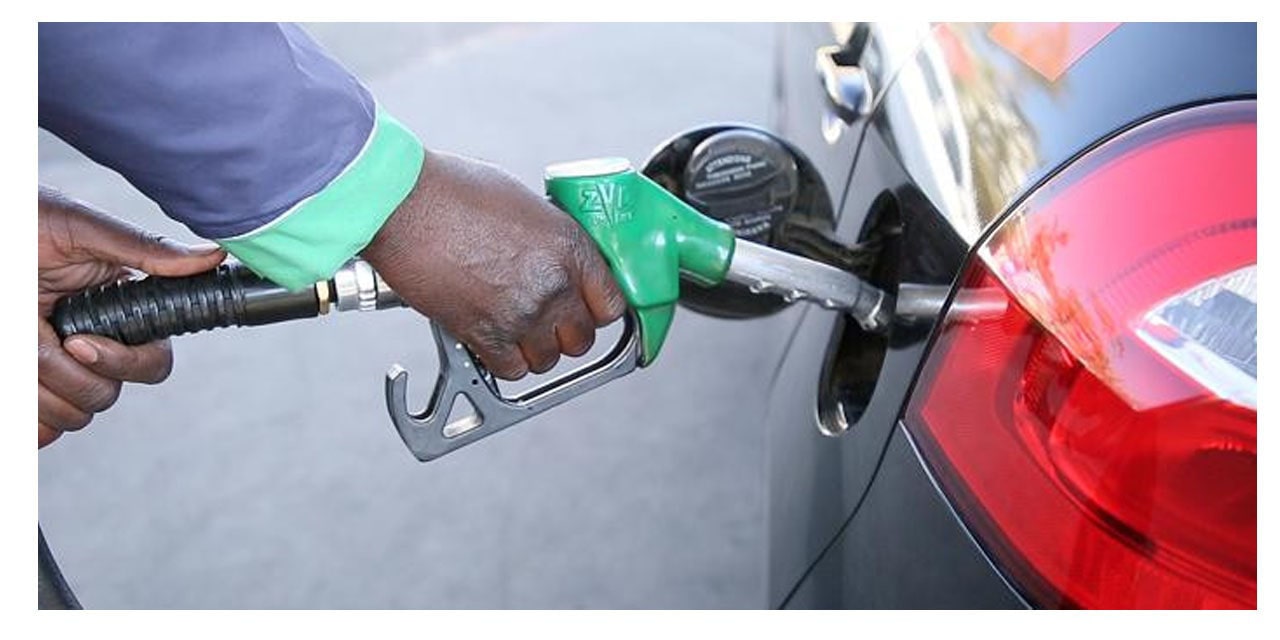Kandjemuni Kamuiiri
Namibia has officially spent over N$1 billion up to date in its fight against Covid-19, Ministry of Health and Social Services (MoHSS) Executive Director, Ben Nangombe, revealed.
According to information from MoHSS, N$747 million was spent last year on Covid-19, with N$458 million so far spent this year on vaccines. “We had a budget of N$747 million, that budget was executed for 2020. For now we have the resources provided in the budget of the Ministry of Health and Social Services but it’s not for Covid-19 in specific. It is for the response generally to health care. That budget is about N$8, 08 billion for 2020 to 2021 financial year.”
“In the current financial year, there isn’t a specific Covid-19 allocation apart from the N$458 million for vaccination. However Covid-19 will be catered for within that health care budget because Covid-19 cannot continue to be a standalone activity, it will have to be incorporated with our other programs.”
If Namibia planned to close its border from nationals of countries which have recorded cases of the two new strains, such as India and the United Kingdom, to avoid these specific strains coming into the country, Nangombe said, “when I spoke to the Minister about that matter, he agreed that Namibia at this stage is not targeting specific people coming from specific places to enter Namibia.”
This is despite Australia, UK and America already banning nationals from specific countries entering their countries, where some of these new strands are coming from.
The ministry’s position also comes as it emerged that Namibia has already recorded two cases of the Covid-19 UK variant.
Asked whether the two positive cases with the UK variant were foreign national or locals, Nangombe said , “ when you identify a variant you don’t go to the extent of announcing who brought the variant in, for ethical reasons we cannot say that.”
Asked whether the Indian variant is in the country and whether Namibia is prepared for it, Nangombe said “we have not done that study yet in terms of the genome sequencing, the genome sequencing that have been done so far has not identified that particular as being present.”
“The first time the variant identified in South Africa and the variant in England came in, we did not have the local capacity to do the genome sequencing and as a result we had to send the samples that were taken to the National Institute of Communicable Diseases in South Africa, to the laboratory in Germany to do that round of genome sequencing.”
Regarding the third wave, Nangombe said “we are prepared and the measures that were put in place were designed to ensure that the community is protected. We are only relying on the measures in place and COVID-19 vaccines?”
“The third wave will not be any different from the second or first wave. We are still dealing with the same virus, same mode of transmission, same way of trying to suppress the spread of Covid-19 to that extent we are going to continue to provide community education for our people to change behavior to suppress the spread of Covid-19.”
“We are not going to be doing things entirely different or anew from what we know now, our response is going to be informed from emerging science and knowledge based on how other countries are doing it, recommendations from the World Health Organisation. We remain open to new methods of dealing with this matter. We cannot take anything for granted. If you are in a worse situation you have to prepare yourself for the worst.”
Asked whether there are enough ventilators, considering rising Covid-19 infection rates in the country, Nangombe said, “You can never say that you have enough. It will depend on the number of cases. We are operating in challenging environment because we have a situation where the numbers of admitted cases that are in critical condition are increasing at the moment. The capacity is being stretched significantly over the past few days but government has been able to increase ICU capacity since the beginning of covid-19.”
Nangombe claims that the measures put in place should enable Namibia to prevent the worst case scenario.
As of Sunday, Namibia had recorded 177 new COVID-19 confirmed cases.




